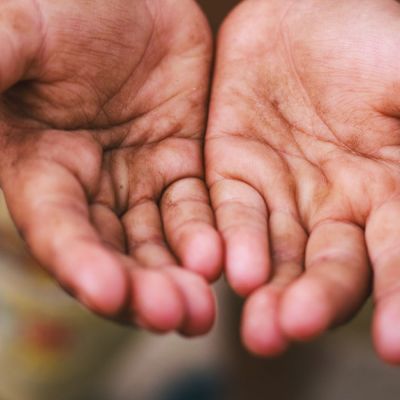In 2025, Afghanistan faces a severe humanitarian crisis, with 22.9 million people – nearly half the population – requiring urgent aid. The country’s economy remains fragile, worsened by reduced international aid, causing health facility closures and food shortages. Over one-third of the population faces acute hunger owing to poor harvests (there is a prolonged drought since 2018), inflation, and economic instability. The Taliban’s governance continues to affect civilians, particularly women and girls, through job restrictions, education bans, and movement limitations.
Due to the loss of livelihood, many parents cannot afford education for their children. This led to school drop-out and increased risk of exploitation, e.g. child labour, child marriage or child trafficking. Among all children, those from ethnic minorities with visual or hearing impairments are the most vulnerable. CEDAR and a local partner provide education services such as training on life skills, braille or sign language, facilitating public school enrolment, training teachers to support students with special needs, after-school tuition, facilitating girls’ access to education through hiring female teachers, etc.



